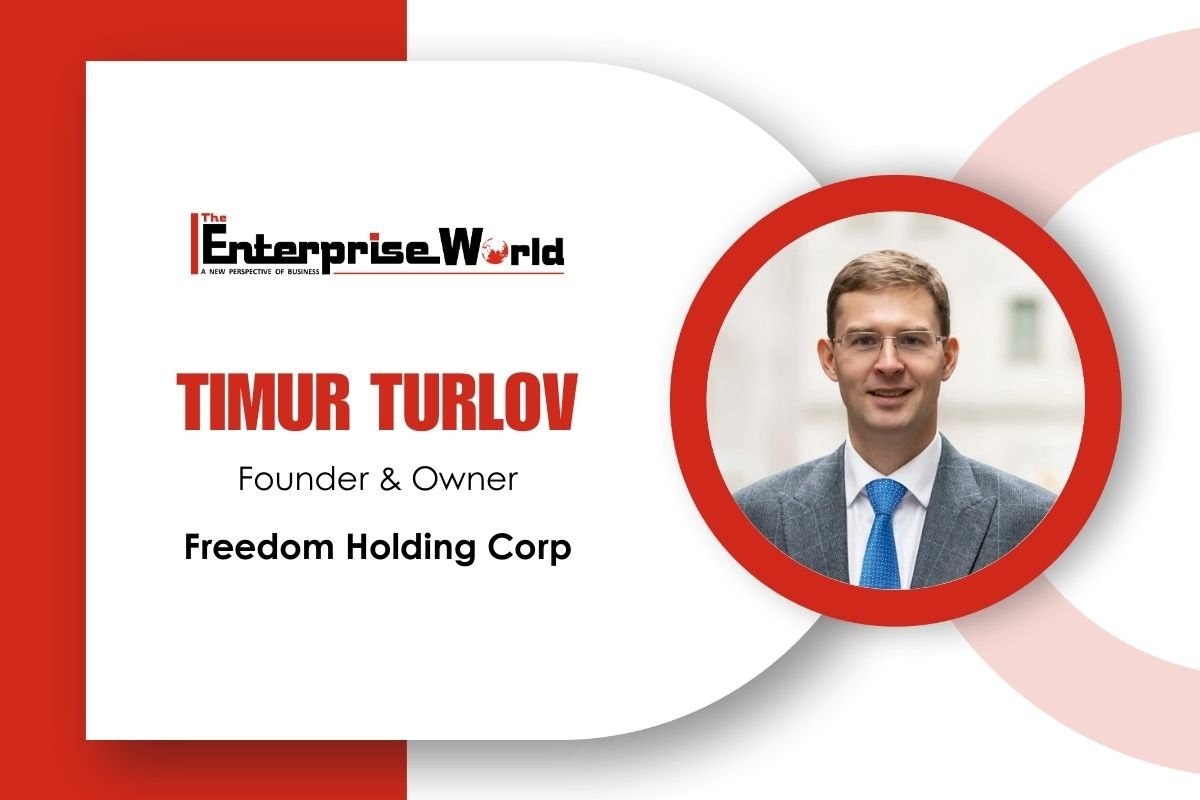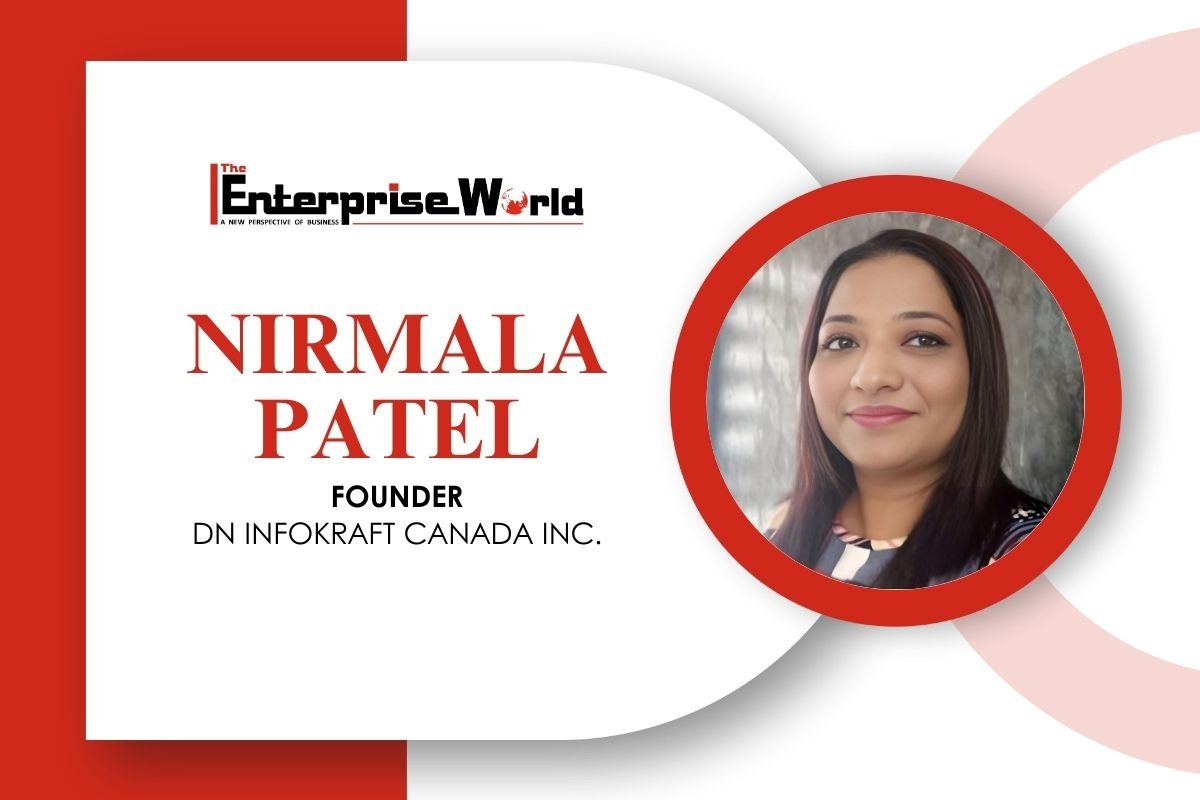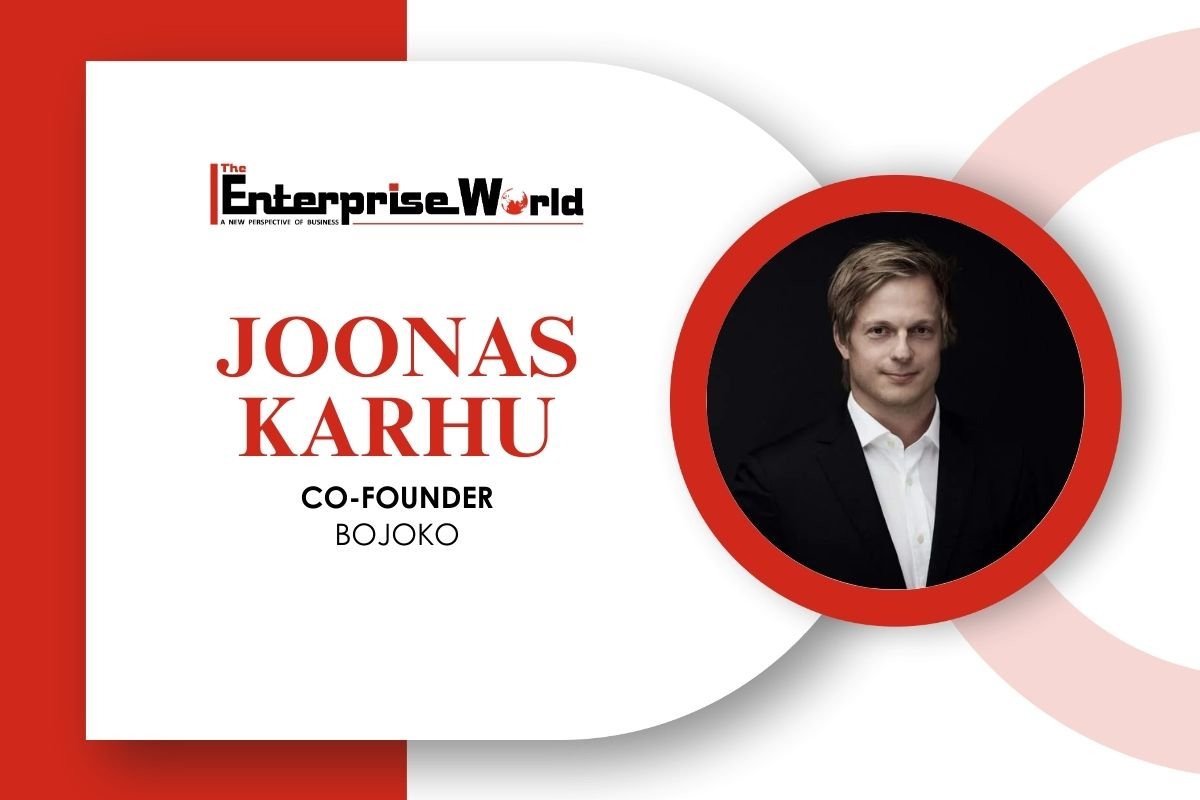In recent times, the global lockdown caused due to Covid-19 has increased the use of the internet worldwide. Most of the businesses are running their processes remotely. When internet use increases it becomes a feast for hackers. User data privacy has become one of the most important factors for businesses to maintain a smooth flow. Consent Management Platform helps businesses obtain and manage user consent when collecting, sharing, buying, or selling user data online.
Founded in 2013, PrivacyCheq is one of the leading platforms that empower businesses with its cutting edge complete SaaS transparency and consent management platform called ConsentCheq.
In a talk with Mr. Roy Smith let’s discover more about PrivacyCheq’s journey since its inception and its offerings.
Tell us about PrivacyCheq.
PrivacyCheq was founded in 2013, originally to provide child privacy compliance tech to the mobile gaming industry, but we pivoted in 2015 in response to the much larger market opportunity in the European Union and now in the US as GDPR and CCPA (California’s new consumer privacy law) have come into force. Today we provide transparency and consent management tech for companies from SMEs to global multinationals.
What were the initial challenges you faced?
Compliance technology is built with the assumption that enterprises will be motivated to comply either due to enforcement (fines) or reputational damage. While our customers agreed our service was elegant and well suited, there was no urgency to implement privacy compliance until either of the motivating factors were in place. It has taken several years longer than we anticipated for that to happen, as is in 2020.
Which was that point that triggered the growth of the company?
PrivacyCheq expected the enforcement of GDPR (which began in May 2018) to be the inflection point, and we did initiate a potentially huge partnership and book some business when that happened, but lack of enforcement (see 2) led to very slow adoption after the initial early adopters. In the past 12 months, there have been many big privacy fines (notably a $5B fine to Facebook), coupled with the inception of CCPA in California leading 16 other states to enact similar regulations, leading to a “perfect storm” of interest in user-facing privacy compliance – our specialty.
What is the reason behind your company’s long-standing success?
PrivacyCheq stuck to its core founding competency while we waited for this market to mature. Complying with any of these new privacy regulations is a massive undertaking, impacting all aspects of company operations. The analogy I use is that many companies have entered the market trying to create “all in one” solutions that are architecturally a mile wide but only a few inches deep.
Our strategy has been the opposite, to build an extremely deep toolset that can solve any circumstance that an enterprise is likely to encounter. Ironically, this strategy allows us to partner with the “all in one” vendors in cases where a company requires transparency or consent management beyond the basic services they offer.
What are the products/services the company focuses on? How are your services different from those in the market?
PrivacyCheq offers a complete SaaS transparency and consent management platform called ConsentCheq. This service administrates all the required interactions with users, including delivering friendly privacy notices, gathering and conserving user preferences, facilitating daily data processing in line with user preference, including to third/fourth/fifth parties, and finally logging all activity to enable compliance to be proven to regulators. ConsentCheq is a “one-stop” integration that handles GDPR for EU users, CCPA, and COPPA for US users, and soon, LGPD for Brazilian users.
Our new service, PrivacyUX for CCPA is specifically for enterprises that need to comply with the California Consumer Privacy Act (CCPA) and its impending replacement, the CPRA (Prop 24).
Our services differ from competitors in several ways:
- PrivacyCheq have designed these services from the consumer’s perspective, giving the best user privacy management experiences.
- Over 60% of all user interactions use mobile devices today. PrivacyCheq is the only company on the market that has optimized its user experience for mobile devices.
- The vast majority of consent management tools in the market built their solutions on browser cookies, a technical mistake that became apparent in 2020 as Google obsoleted third-party cookies due to privacy concerns, leaving 90+ services with no viable future. When PrivacyCheq designed our platform, we chose a secure central database with API architecture that has none of the problems facing cookie systems.
How do you decide to take the company a step further in terms of your products/services?
PrivacyCheq strives to understand our market and its trends very deeply, even to the point of having a “Futurist” in our staff. Typically we will predict a shift and be ready with a product feature or marketing message before the shift occurs.
Is there any new addition to the list of products/services? Anything exciting you would like to share?
Yes, with over 500,000 California enterprises covered by the new CCPA (now being enforced) and a need to show customers quick response as a way to build trust, PrivacyCheq are launching PrivacyUX LIVE START for CCPA, a rapid integration solution for CCPAs new “just in time” notices requirements. This low-cost service can be configured and implemented within days, providing notices that users quickly understand because they use the “Nutrition Facts” paradigm everyone knows from food products. Anyone can see a live demonstration on their Smartphone by texting “CCPA” to 717-467-3214.
What do you think are the responsibilities of an entrepreneur?
I think an entrepreneur is primarily responsible for expanding his efforts to realize the vision that triggered the founding and building of the company, whatever that vision may be.
Can you please brief us about your professional experience?
I’m a lifelong entrepreneur, since 1985 when I co-founded Turtle Beach Systems to create music products. Today that company is the #1 provider of headphones for games (NASD: HEAR). A few years after exiting when the Apple iPhone was gaining popularity, I founded appMobi as a mobile app development company and exited by selling to Intel in 2013, which is when I used my knowledge of the mobile gaming market to see the privacy compliance opportunity that became PrivacyCheq. Long ago, I was a coder who also did “biz guy” stuff, but my role now just involves strategy, management, and marketing.
What are the key achievements of your entrepreneurial journey?
I’m very proud of the companies I helped create, and the fact that the culture PrivacyCheq created and maintained at those companies was enjoyable and productive for everybody. Many of the people who worked at Turtle Beach still stay in touch on social media and tell me it was the best job they ever had because they were respected and there was a fun atmosphere. I enjoy fatherly pride that Turtle Beach is a worldwide brand that was created on my kitchen table in 1985.
How do you look after your employees? What makes your team unique?
As with my other start-ups, PrivacyCheq has a very “flat” culture where everyone’s opinions are heard and there is very little empire-building or politics.
Can you tell us what your favorite book is? And your favorite part of the book (if any)?
Favorite book: Predictably Irrational by Dan Ariely. The book unpacks just how irrational humans are when making purchasing (and other) decisions. I use this knowledge every day as I try to be less irrational.
One person, who you admire the most?
I think Elon Musk is a one-in-a-lifetime combination of a visionary with an ability to execute big ideas. I don’t agree with everything he says or does, but I think history will judge him to be as important as Einstein.
Whose business story do you find the most inspiring?
Ken Olsen, founder of DEC. Ken’s entire success was built on creating a smaller, cheaper version of the IBM mainframe computers that ruled computing in the ’60s. He was very successful and DEC was considered the market leader in Minicomputers. When presented with the idea of a Microcomputer that would cost only a few thousand dollars and be used in the home, Ken rejected the idea, leading to DEC not participating in the PC revolution. It’s my goal to never be Ken – always keeping an open mind to what the market is telling you, even when it’s not what you believe.
Constant vigilance- a need or a strategy? Please share your views.
Market research is a mantra for us – constant vigilance.
It’s a rat race out there. How do you cope with that?
The competition is good. It proves other people see and invest in the goal you are seeking and it keeps the competitive edge sharp.


















